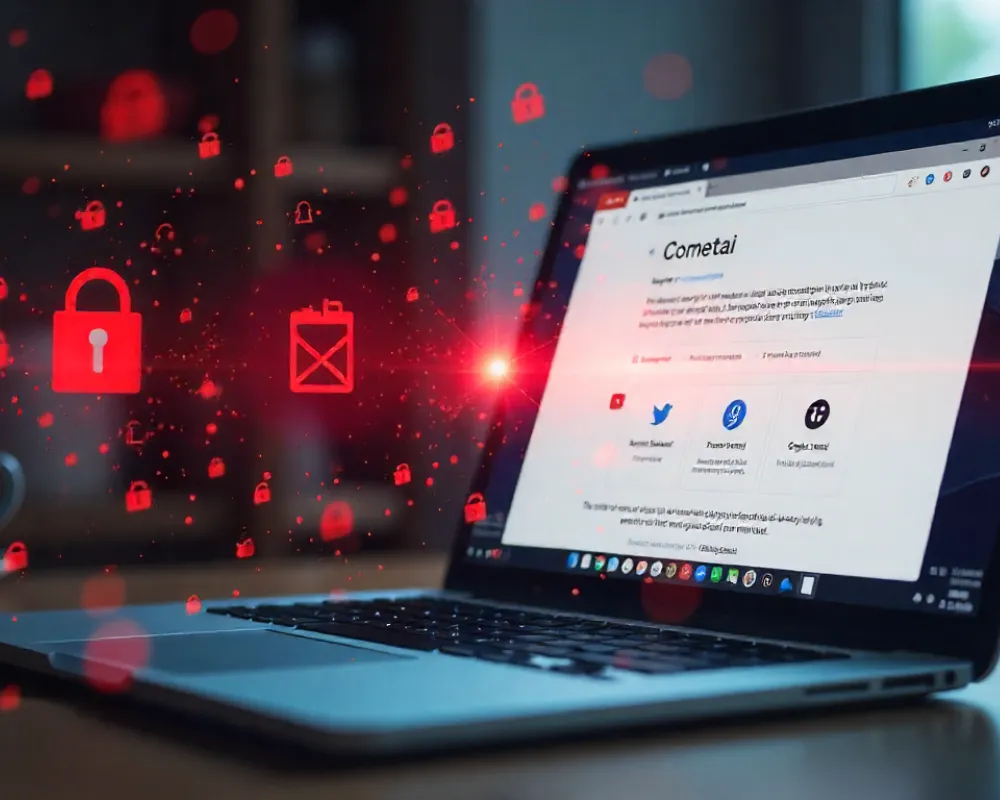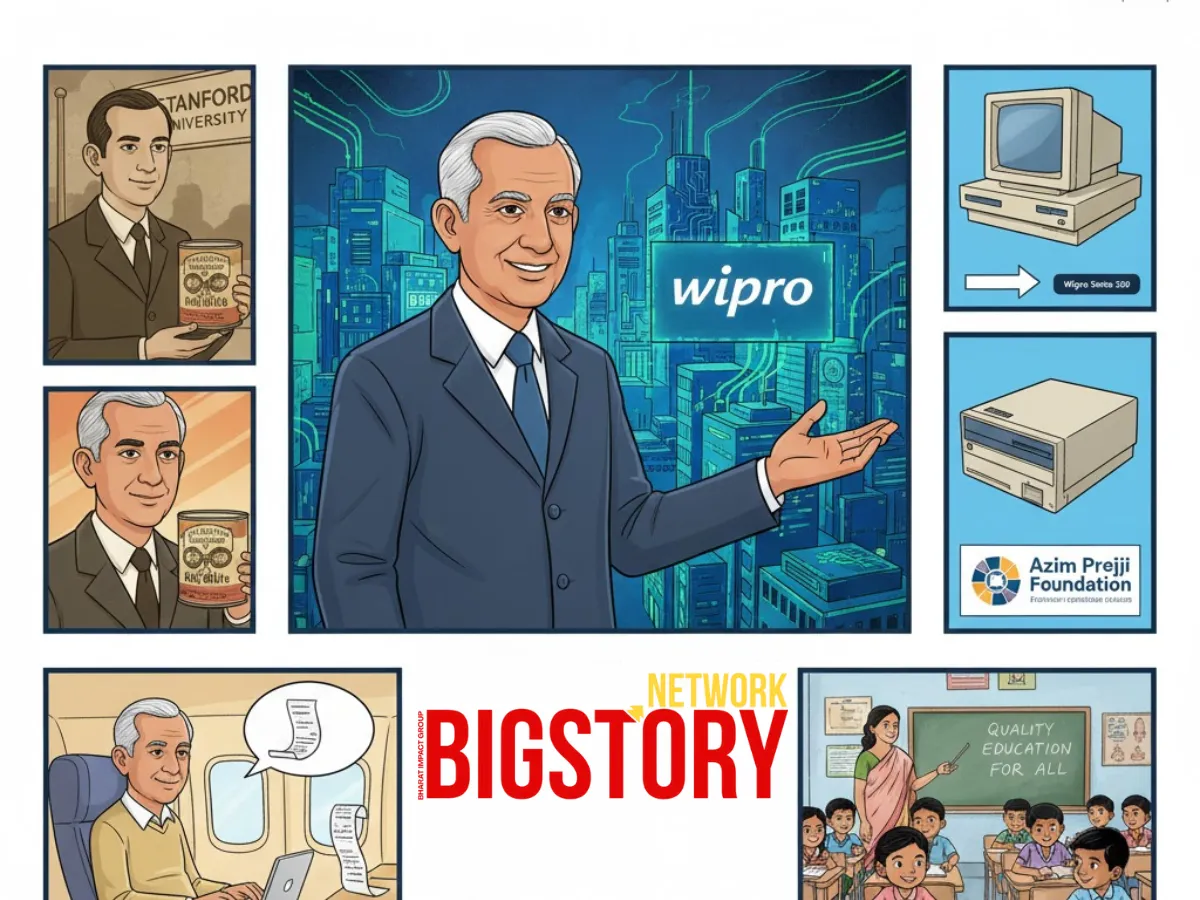Key Facts
- Perplexity AI launched its Comet AI browser in India on September 22, 2025, available exclusively to Perplexity Pro subscribers on Windows and macOS.
- Subscription costs ₹17,000 annually (~$200), positioning it as a premium AI-native browser.
- Features include an AI-powered sidebar assistant that automates multi-step workflows like scheduling, emailing, shopping, and managing tabs.
- Integrated with Gmail, LinkedIn, and Google Calendar for productivity automation.
- Bharti Airtel partnership offers free one-year Pro access to millions of Airtel customers.
- CEO Aravind Srinivas frames Comet as moving from "browsing to thinking", calling it a “thinking partner”.
Background and Strategic Context
Comet aims to challenge Google Chrome’s 68% market share by offering an AI-native browsing experience rather than bolted-on AI features.
- Built on GPT-4o, Claude 4.0 Sonnet, and Perplexity’s proprietary Sonar models.
- Perplexity reported 780M+ queries in May 2025 with 20% MoM growth, fueling the browser push.
- OEM preinstallation talks with Samsung, Apple, and Android OEMs could disrupt the Chrome-Safari duopoly.
Company Vision and Privacy Positioning
- Aravind Srinivas: “The launch of Comet is an early and aggressive push into the world’s largest internet population outside China.”
- Enterprise pitch: privacy-first design with local data storage and end-to-end encryption.
- Official stance: “Security, privacy, and compliance are built into Comet’s core.”
Security Vulnerabilities and Criticism
Despite promises, serious flaws surfaced:
- Brave Software researchers uncovered indirect prompt injection attacks (Aug 2025).
- Attackers could embed hidden instructions in webpages to access Gmail, email addresses, and even banking data.
- Demonstration showed attackers hijacking Perplexity accounts via OTP requests.
- Perplexity acknowledged and patched the flaw, citing a bug bounty program.
- Brave cautioned: AI browsers must treat all page content as untrusted and add user confirmation steps.
Market and Industry Reactions
- Tom’s Guide: “It’s hard to go back to Chrome once you’ve used Comet.”
- Privacy advocates remain skeptical of its deep data access.
- 1Password partnership launched but raised user privacy questions.
- Microsoft Edge and Google Chrome teams are accelerating AI feature rollouts in response.
Economic and Market Impact
- Pricing: At $200/year, Comet targets enterprise budgets and AI power users.
- Airtel deal provides a major user acquisition channel in India.
- Even a 5% global market shift would equal tens of millions of users, with possible regulatory scrutiny similar to Chrome’s antitrust cases.
- Perplexity’s $18B valuation and $500M funding round reflect investor belief in the AI-native app thesis.
Competitive Landscape
- OpenAI reportedly developing its own browser with ex-Chrome engineers.
- The Browser Company’s Arc and Microsoft Edge add AI copilots.
- Google Chrome faces possible antitrust-driven divestiture.
- Comet’s Chromium foundation ensures extension compatibility while differentiating with agentic AI features.
Conclusion
Perplexity’s Comet AI browser represents a bold bet that AI-native tools can reshape web use.
But with serious security vulnerabilities already exposed, its success depends on whether users and enterprises see Comet as a productivity breakthrough or a high-risk experiment.
 Minaketan Mishra
Minaketan Mishra







 Trending Now! in last 24hrs
Trending Now! in last 24hrs